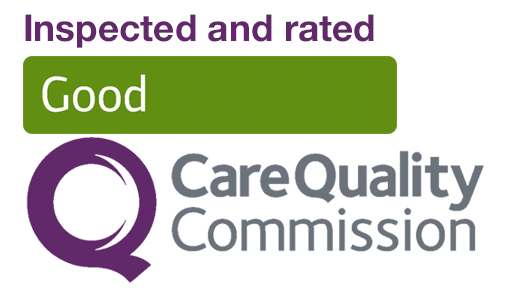Pregnancy is a beautiful phase for every woman, and during this phase each woman faces a lot of situations, discomforts, stress and tiredness. Being pregnant brings up a lot of physical and emotional changes including stress and anxiety, this is totally normal and stress is a common reaction to the changes taking place. Stressing during pregnancy isn’t unheard of, but overstressing could be a problem. Here’s everything you need to know about stress and its effects!
Types of stress During Pregnancy
- Physical Stress: Caused by physical changes that occur in the body during pregnancy. Even aches and pains can cause stress.
- Hormones: Fluctuation in hormones during pregnancy causes mood swings and discomfort. While this doesn’t immediately cause stress, it makes a woman exposed to stress.
- Juggling between home and a career: Those who struggle with managing their job, home, and pregnancy simultaneously may get a little overwhelmed, which causes stress.
- Personal issue: Any kind of tragic occurrences, relationship issues, or family or financial problems, etc. can make women vulnerable to stress during pregnancy.
- Pregnancy Worries: Many Women suffer from stress resulting from pregnancy-related worries such as anxiety about labor pain, fears about the health of the baby, miscarriage fears, etc.
How Stress Can Affect Your Pregnancy?
Stress can show effects such as headaches, insomnia, exhaustion, and so on. Loss of hunger, dysentery, and mood fluctuations are some other ways in which stress can make your pregnancy complicated.
Long-term, severe, and untreated stress can lead to high blood pressure, gestational diabetes, and even bring about heart issues. Studies have shown that long-term stress can also lead to severe depression.
How Stress Can Affect Your Unborn Baby?
Stress interferes with many body functions, which can adversely affect the baby. For Example, stress has negative effects on the immune system of the body, causing infections and other illnesses.
Preterm birth is another negative effect of stress. A baby born before a full-term can suffer from health issues such as low immunity, respiratory disorders, digestive problems, etc.
Studies have shown that babies born to stressed mothers, even though they were full-term, were underweight. Low-weight babies can also suffer from hypoxia which means they do not get a sufficient supply of oxygen at birth. This can trigger long-term community issues in the baby.
How to Treat and Manage Stress When Pregnant?
- Talking about it can help reduce stress levels considerably. Be less hard on yourself and get involved in activities that make you happy.
- Eat nutritious food.
- Exercise regularly.
- Take up any hobby, like reading, knitting, or drawing. This will help keep your mind off the stress.
- Join a support group for the pregnant woman.
- Join a childbirth class where you can discover more about pregnancy, relaxation methods, and pregnancy exercises.
- Try medication to help take your mind off the stress.
- Go to an adviser to share your feelings with a neutral person.
- Avoid Stressful situations, no matter how small.
- Chill out! Learn to differentiate between rational and irrational fears.
Excessive stress can not only affect the mother but also the unborn baby. The trick is to handle the stress healthily.


